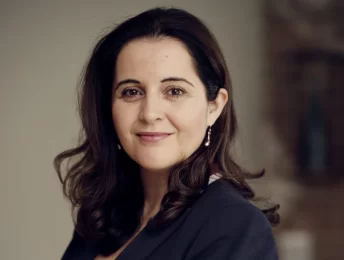 Cisco has launched its Lifecycle Advantage programme claiming that it provides the tools to help partners deliver higher levels of customer experience.
Cisco has launched its Lifecycle Advantage programme claiming that it provides the tools to help partners deliver higher levels of customer experience.
Cisco director of digital experience, Europe, Middle East and Africa, Zarina Pasalic said that digital was growing in dominance as users change their researching and buying patterns.
“Digital is the experience our customers are having with us. That experience means everything in a subscription world, so if the experience is the product that we’re all going to be selling, we have no choice but to unify around that endeavour”, she said.
The pandemic accelerated these trends and placed “a lot more focus and energy and urgency on digital transformation, and the need to deliver digital-first services.”
She thinks that the last two years have dramatically changed the way customers engage with brands. The lines between B2C [business-to-consumer] and B2B [business-to-business] have become blurred.
“Customers, as well as partners, in B2B expect the same experience that you and I are having in B2C, and they want to communicate in digital-first channels that they prefer. They want speed and they crave empathy.”.
Cisco’s enhanced Lifecycle Advantage to make sure it is responding to partner feedback and providing the tools that are required.
“We’ve got to make things easy for [partners] by providing that end-to-end experience. That is their path to value. It’s tied to their business outcomes”, said Pasalic.
“We really allow our partners to digitally engage with their customers to drive adoption through the lifecycle to upsell and cross-sell opportunities, based on data and analytics, and, of course, to secure renewals. Globally, we have got well over 7,000 partners in the programme, and more people are finally recognising just how innovative and valuable it is.”
 AdEPT has told its investors that its business is continuing its transition from telephony towards a managed service-driven outfit.
AdEPT has told its investors that its business is continuing its transition from telephony towards a managed service-driven outfit.


















